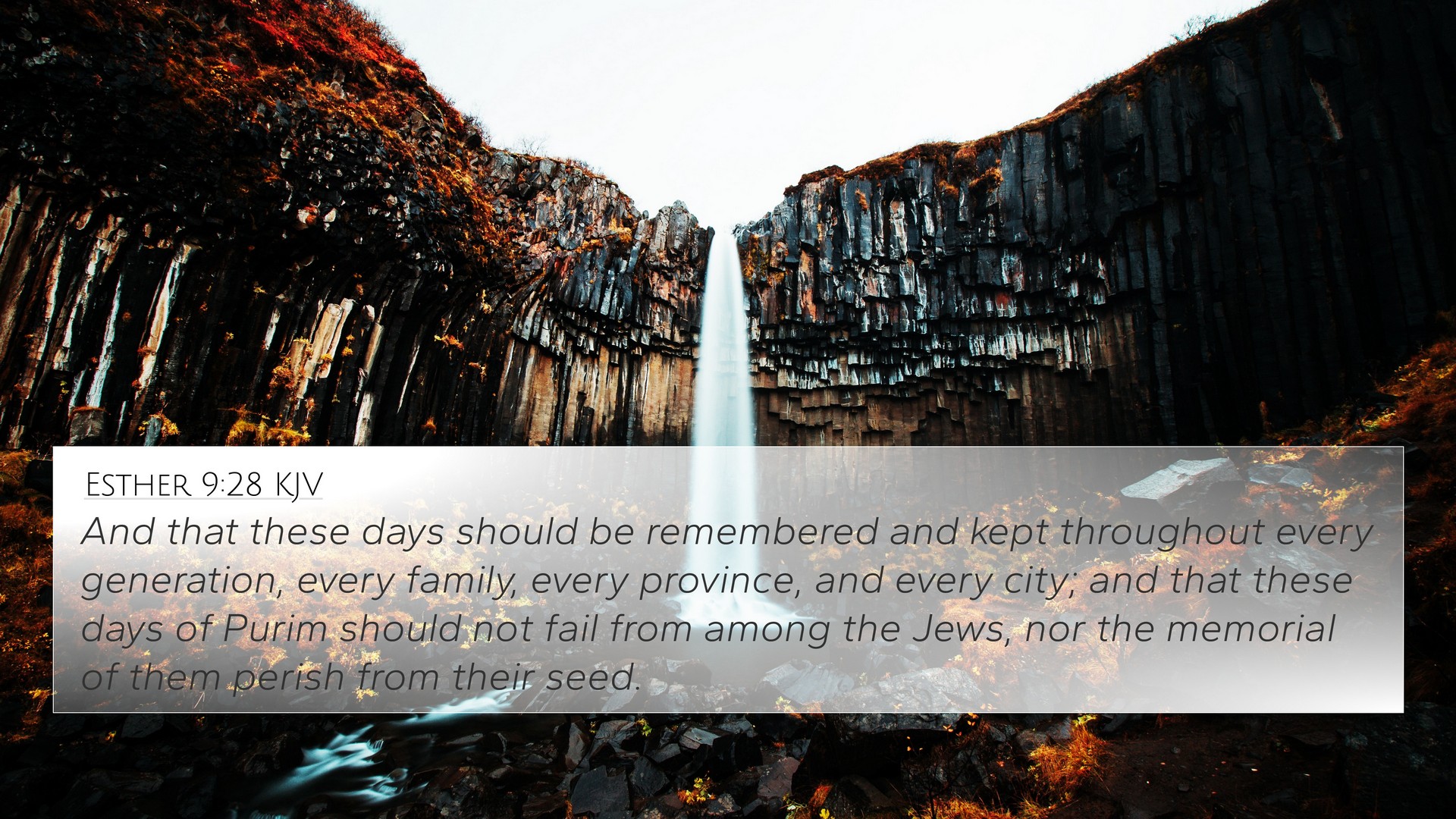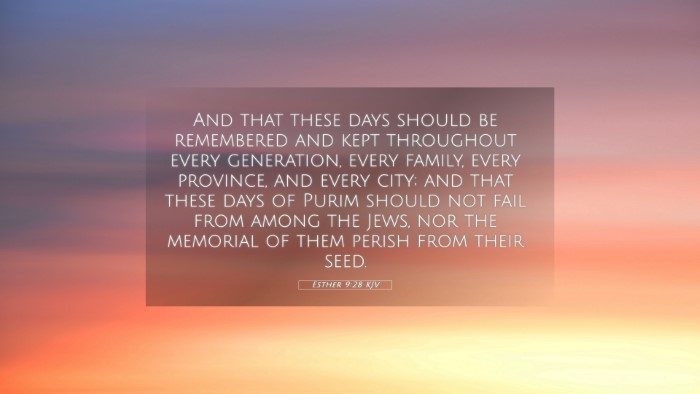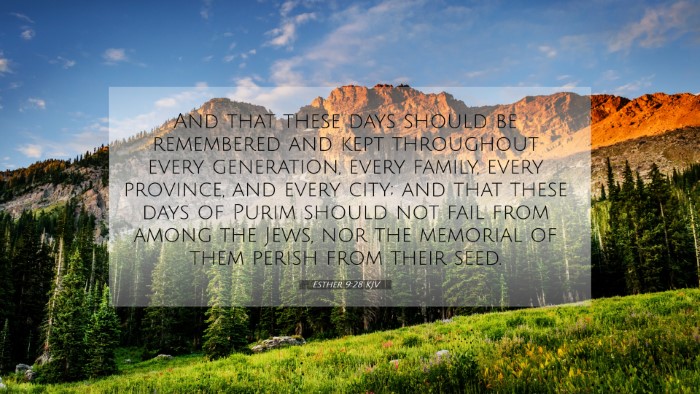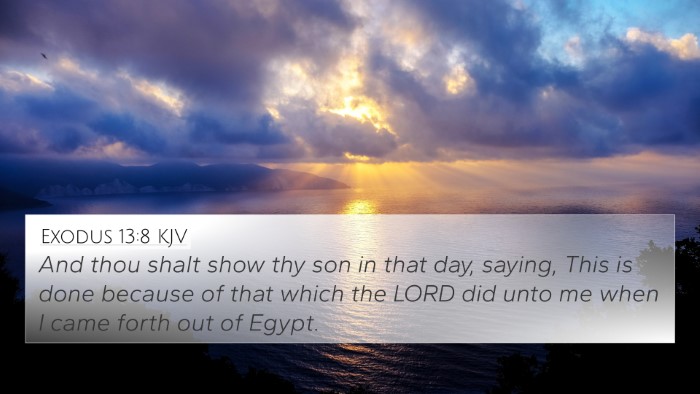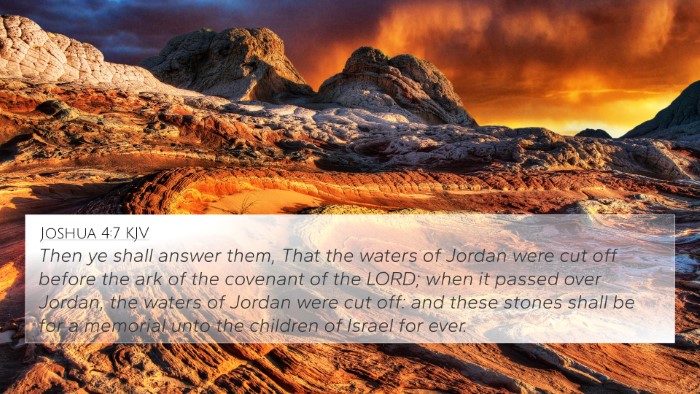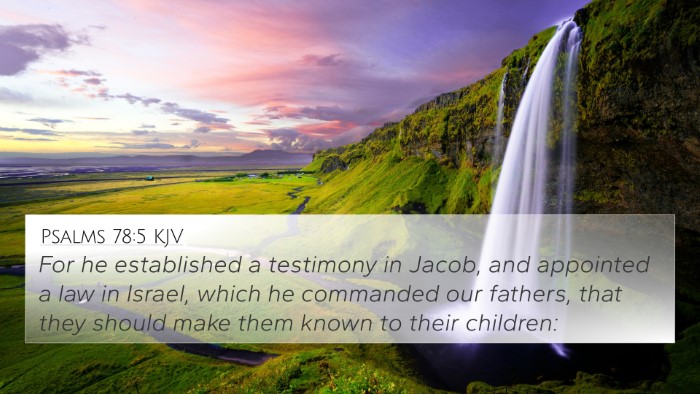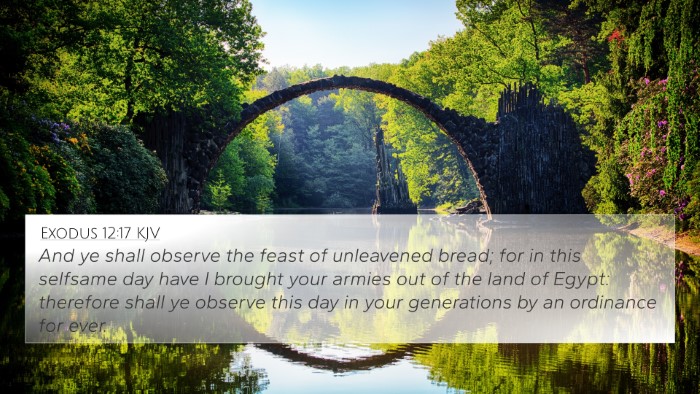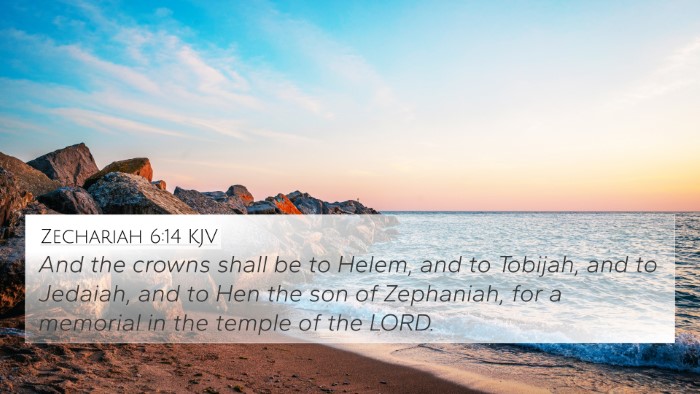Understanding Esther 9:28
Esther 9:28 reads, "And that these days should be remembered and kept throughout every generation, every family, every province, and every city; and that these days of Purim should not fail from among the Jews, nor the memorial of them perish from their seed."
Summary of Biblical Meaning
This verse encapsulates the essence of remembrance and the importance of tradition within the Jewish community. It emphasizes the necessity for future generations to commemorate the events of Purim, which were a testament to divine intervention and deliverance.
Insights from Commentaries
- Matthew Henry: Henry highlights the significance of recalling God's mercies and protections in the lives of His people. He underscores that remembrance is not merely a historical exercise but a way to deepen faith and cultivate gratitude among families and communities.
- Albert Barnes: Barnes notes the profound connection between memory and identity. He emphasizes how the festival of Purim reinforces Jewish identity and the acknowledgment of God's sovereign care. This verse is presented as a divine mandate for observance and celebration.
- Adam Clarke: Clarke points out that the Jewish festival of Purim serves as a reminder of God's faithfulness. He suggests that the observance of such festivals fosters unity among the Jewish people and preserves their cultural heritage across generations.
Cross-References
Esther 9:28 relates to several other passages in the Bible that emphasize remembrance, festival observances, and God's deliverance:
- Exodus 12:14: "And this day shall be unto you for a memorial; and ye shall keep it a feast to the Lord throughout your generations." - Establishes the concept of memorial feasts.
- Deuteronomy 16:14: "And thou shalt rejoice in thy feast..." - Joyful celebrations are integral to remembrance.
- Psalms 34:3: "O magnify the Lord with me, and let us exalt his name together." - Emphasizes communal worship and celebration.
- Isaiah 51:11: "Therefore the redeemed of the Lord shall return, and come with singing unto Zion..." - Connection to redemption and joy.
- Luke 22:19: "And he took bread, and gave thanks, and brake it..." - Establishing remembrance through the Eucharist.
- 1 Corinthians 11:24: "This do in remembrance of me." - The importance of remembrance in the New Covenant.
- Philippians 4:8: "Finally, brethren, whatsoever things are true,... think on these things." - Encourages thoughtfulness about God's goodness and faithfulness.
Thematic Connections
Esther 9:28 connects deeply with various biblical themes:
- Remembrance: This verse initiates a tradition of remembrance similar to other biblical feasts (as seen with Passover in Exodus).
- Deliverance: The events of Purim celebrate God's intervention, which parallels many deliverance narratives throughout Scripture.
- Community and Family: The verse reinforces the role of collective memory for the Jewish people, linking to New Testament themes of community in Christ.
- Faithfulness of God: It parallels verses that celebrate God's unchanging nature and faithfulness across generations.
Conclusion
Esther 9:28 serves as a profound reminder not only for the Jewish people but for all believers about the importance of remembering God's mercies. Through the lens of various commentaries, we grasp the depth of the significance of Purim, its observance, and how its principles resonate across biblical narratives. This verse calls for an understanding of the connections between Bible verses and the broader themes of remembrance, faithfulness, and community.
